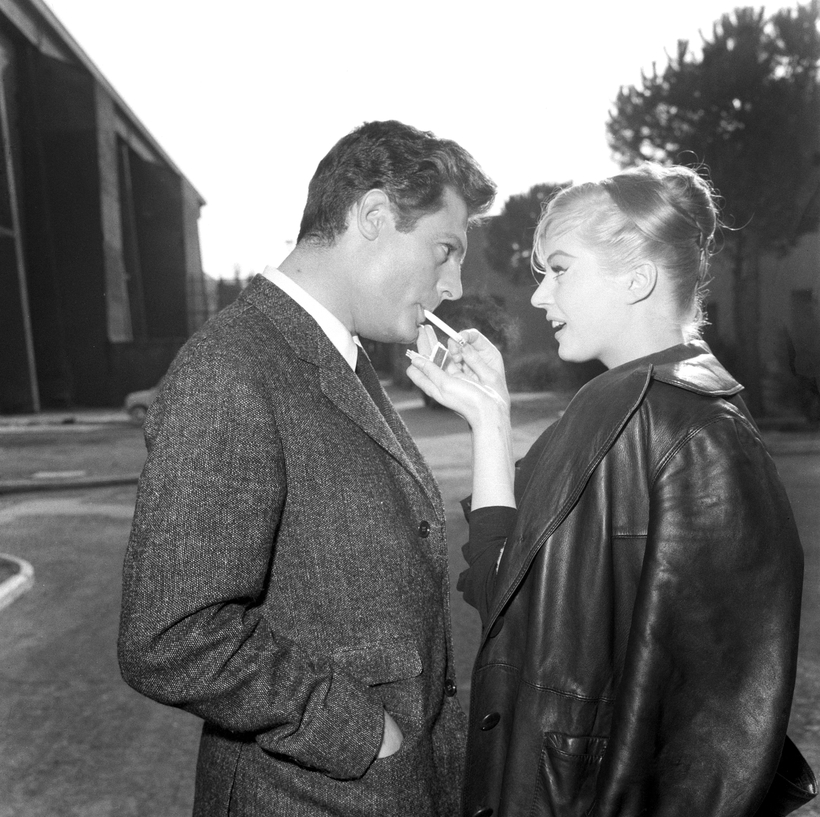Last Summer in the City by Gianfranco Calligarich, translated by Howard Curtis
Leo Gazzara, the narrator of Gianfranco Calligarich’s scintillating novel Last Summer in the City—an Italian cult classic masterfully translated for the first time into English by the pro Howard Curtis—might be described as a Latin Holden Caulfield all grown up.
In the opening pages, Leo, cynical and despairing, turns 30, which means, of course, that life is over. The book is set in the height of summer in Rome in the early 1970s, and Leo, a writer who skipped the aspiring stage to embrace his inevitable failure, restlessly roams the sun-scorched city in his old Alfa Romeo.


